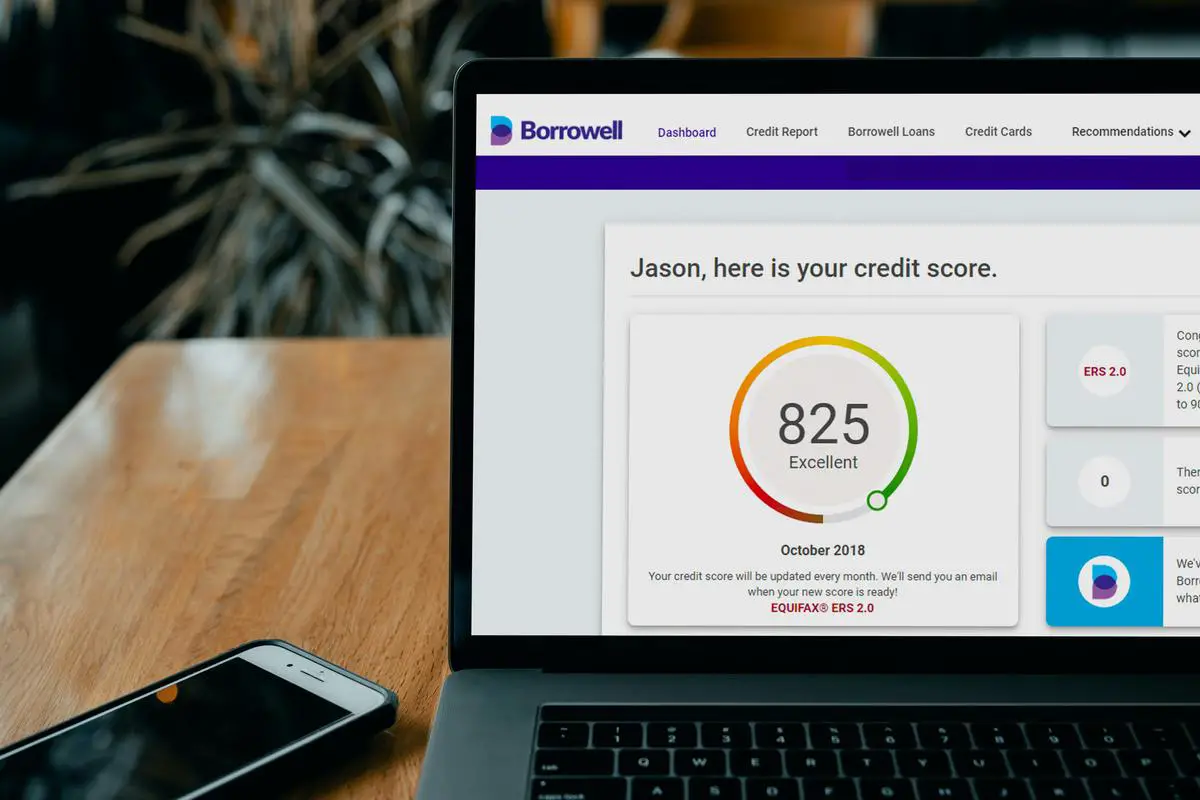Choosing the right place for your website to live online can be confusing, with options like VPS and Shared Hosting each offering their own set of benefits and challenges. This article aims to clarify these choices, making it easier to understand how they fit with your website’s needs. We’ll explore the key differences, performance levels, and control features of both hosting types, helping you make an informed decision that supports your site’s growth and success.
Understanding the Basics of VPS and Shared Hosting
Understanding VPS and Shared Hosting
When deciding where to house your website, you’ll likely come across two common options: VPS (Virtual Private Server) and Shared Hosting. Both serve the essential purpose of hosting your website, but they differ significantly in how they operate, their performance levels, and the control they offer over the hosting environment.
Shared Hosting is often the starting point for many websites. It’s like living in an apartment building where you share resources such as water, electricity, and common areas with your neighbors. In Shared Hosting, your website resides on a server alongside numerous others. You share this server’s resources, such as CPU, memory, and disk space, with other websites. Due to its nature, this option is cost-effective, making it an attractive choice for small to medium-sized websites, blogs, or businesses just starting. The downside? Since resources are shared, high traffic or resource demands from one website can affect the performance of others on the same server.
On the other hand, VPS hosting offers a step up in both performance and control. Imagine moving from an apartment to a townhouse. You’re still in close proximity to neighbors but have more space and more control over your environment. A VPS divides a server into virtual compartments with private resources dedicated to each compartment. This setup ensures that you have a reserved amount of CPU, memory, and storage, unaffected by other websites. VPS hosting strikes a balance between cost and performance, offering more power and customization capabilities than Shared Hosting without the expense of renting an entire server, which you would in a Dedicated Hosting scenario.
Key differences include the level of resource allocation, with VPS providing more robust and dedicated resources. VPS also offers greater flexibility and control, allowing users to run custom applications and scripts that shared hosting typically does not permit due to security constraints. Cost-wise, VPS tends to be more expensive than Shared Hosting but is justified by the enhanced performance and control it provides.
Selecting between VPS and Shared Hosting boils down to your website’s requirements, your technical proficiency, and your budget. Shared Hosting is suitable for those just starting out or with smaller websites that don’t require extensive resources. VPS, however, is geared towards websites experiencing growth in traffic, needing more power, or requiring a higher degree of customization and control.
Ultimately, the choice between VPS and Shared Hosting will significantly impact your website’s performance, security, and scalability. By understanding these hosting environments, you can better align your website’s needs with the right hosting solution, ensuring a smooth and efficient online presence.

Performance and Resource Allocation
When it comes to the technological backbone of a website, the selection between VPS and Shared Hosting branches into considerations around security and ease of management. Both hosting types offer unique advantages in these domains, crucial for maintaining a healthy and efficient online presence.
Security stands as a paramount concern for website owners, given the increasing sophistication of cyber threats. A key advantage of VPS hosting in this arena is its superior security features compared to Shared Hosting. Since VPS environments operate independently of each other on the same physical server, the actions of one user don’t affect others. Additionally, the ability to implement custom security measures on a VPS – such as firewalls or specific software configurations – adds a layer of protection that Shared Hosting typically cannot match. In contrast, websites on Shared Hosting are more vulnerable to threats, partly because compromised security on one site can potentially impact others sharing the same server resources.
Ease of management is another critical factor influencing the choice between VPS and Shared Hosting. Shared Hosting is often lauded for its simplicity and user-friendliness, making it an ideal choice for beginners or those with minimal technical know-how. This hosting type usually comes with a control panel, such as cPanel, allowing users to manage their site with ease without diving into complex server management tasks. On the flip side, a VPS offers more control and flexibility but requires a higher level of technical expertise to manage effectively. Users have the freedom to configure the server as they see fit, but this comes at the cost of needing to understand server management and maintenance practices. For those lacking this expertise but wishing to leverage the benefits of a VPS, managed VPS hosting services exist, though at an additional cost.
In sum, the choice between VPS and Shared Hosting extends beyond just performance, cost, and resource considerations. Aspects of security and management ease play significant roles in decision-making, especially when aligned with specific needs and capacities of website owners. For optimal security and customization, a VPS shines as the superior option, albeit with a steeper learning curve and higher cost. Shared Hosting, while more limited in these respects, provides an attractively simple and cost-effective solution for users with basic hosting needs or those just starting out. Balancing these factors is key to selecting the most fitting hosting environment, ensuring the website runs smoothly, securely, and efficiently.

Photo by piggybank on Unsplash
Security and Privacy Concerns
Moving forward in our exploration of the nuanced world of web hosting options, it’s time to shift focus solely to the security aspect. This dimension is crucial given the escalating cyber threats that websites face today. Security isn’t just a feature anymore; it’s a mandate for ensuring the integrity, confidentiality, and availability of your online presence.
When we dive into the secure harbors of Virtual Private Server (VPS) hosting, the privacy factor immediately jumps out. Unlike Shared Hosting, where your website lives alongside numerous others on a single server, a VPS environment mimics a dedicated server for your site. This isolation from others significantly reduces the risk of cross-site contamination; if one website becomes compromised on a Shared Hosting platform, others might follow suit—a scenario less likely in the VPS realm.
Moreover, VPS hosting grants you the root access to your server. This level of control is a double-edged sword but, when wielded correctly, allows for the fortification of your hosting environment. You can implement sophisticated security measures, such as firewalls tailored to your specific application needs and more advanced monitoring tools that can detect and mitigate threats in real-time.
Conversely, Shared Hosting bears inherent vulnerabilities owing to its very nature. The communal setup means you’re at the mercy of the hosting provider’s security policies. If one of your server neighbors engages in risky behavior or inadvertently introduces malware, your site could suffer by proximity. Shared servers often have restrictions in place to mitigate these risks, but they can’t offer the bulletproof security a bespoke VPS setup can.
However, the mantra “with great power comes great responsibility” applies aptly to VPS hosting. The enhanced security capabilities mean little unless you have the technical acumen to deploy them. This is where the landscape gets tricky. Not all website owners have the time or expertise to manage a server’s security posture actively. Enter managed VPS hosting services—an intermediary solution that merges the robust security and control of VPS with the convenience of managed support. These services take the onus of security management off your shoulders, applying timely patches, monitoring threats, and ensuring your hosting environment is as impregnable as possible.
Choosing between VPS and Shared Hosting should thus be a nuanced decision. If your website handles sensitive information or you envisage scaling up rapidly, the security advantages and customization capabilities of VPS hosting are compelling. Conversely, for smaller websites or those just starting, the simplicity and cost-effectiveness of Shared Hosting might suffice, provided you’re aware of its limitations.
In sum, the security differences between VPS and Shared Hosting are significant, with VPS offering superior protection at the expense of complexity and cost. Your choice should align with your website’s specific needs, technical capabilities, and growth ambitions. The right hosting solution is out there, and now, you’re a bit closer to finding it.

Cost Analysis and Value Proposition
Choosing the right web hosting is like picking the best foundation for your online presence. It dictates not just how well your website performs, but also how secure it is, and how much control you have over its functioning. With the basics of VPS and Shared Hosting already laid out, let’s dive deeper into some nuances that could sway your decision one way or another, focusing on aspects not previously covered.
Managed VPS services represent a significant advancement in making the technical benefits of VPS more accessible. For those who may not have the technical know-how or the time to manage a server, managed VPS offers a middle ground. These services take the hassle out of server management, handling the backend operations so you can focus on your website’s content and user experience. It’s worth noting that while this does increase the cost compared to a self-managed VPS, it also bridges the gap in ease of management between VPS and Shared Hosting.
One point that hasn’t been addressed yet is the scalability factor. VPS hosting inherently provides greater scalability options. As your website grows, you can easily allocate more resources to handle increased traffic and data. This process is more complicated and less efficient in a Shared Hosting environment due to the fixed resources allocated to each user. Thus, if you anticipate or experience rapid growth, VPS might save you the headache of migrating to a more robust hosting setup down the line.
Another factor worth mentioning is customer support. Typically, VPS hosting plans come with a higher level of customer service, including 24/7 support and quicker response times. This is because providers recognize the more complex nature of VPS hosting and the potential for users to require assistance. On the other hand, Shared Hosting, while generally featuring customer support, may not offer the same level of personalized assistance due to the sheer volume of customers being serviced on this more basic platform.
Looking at long-term costs, it’s important to consider not only the monthly or annual fees associated with hosting but also potential revenue losses from downtime or slow page loading times, which are more common in Shared Hosting environments. Although VPS hosting is more expensive upfront, the investment might pay off through improved website performance and reliability, leading to better user experiences and potentially higher conversion rates.
In conclusion, the choice between VPS and Shared Hosting boils down to a balance between immediate costs, technical requirements, and future growth expectations. For new, small, or medium-sized websites with limited budgets and technical expertise, Shared Hosting may be the appropriate start. However, for websites with a clear growth trajectory, sensitive information, or bespoke application needs, the security, control, and scalability of VPS hosting present a cost-effective solution despite the higher initial investment. Always consider where your project is heading and choose a hosting option that aligns with your long-term vision.

Making the right choice between VPS and Shared Hosting is crucial for the success and growth of your website. Each option offers unique advantages that cater to different needs, budgets, and technical expertise levels. Whether you’re starting a new website or looking to upgrade your current hosting setup, understanding these options can help ensure a robust and efficient online presence. Remember, the best choice aligns with your website’s current needs and future goals, setting the stage for sustained success and growth.
